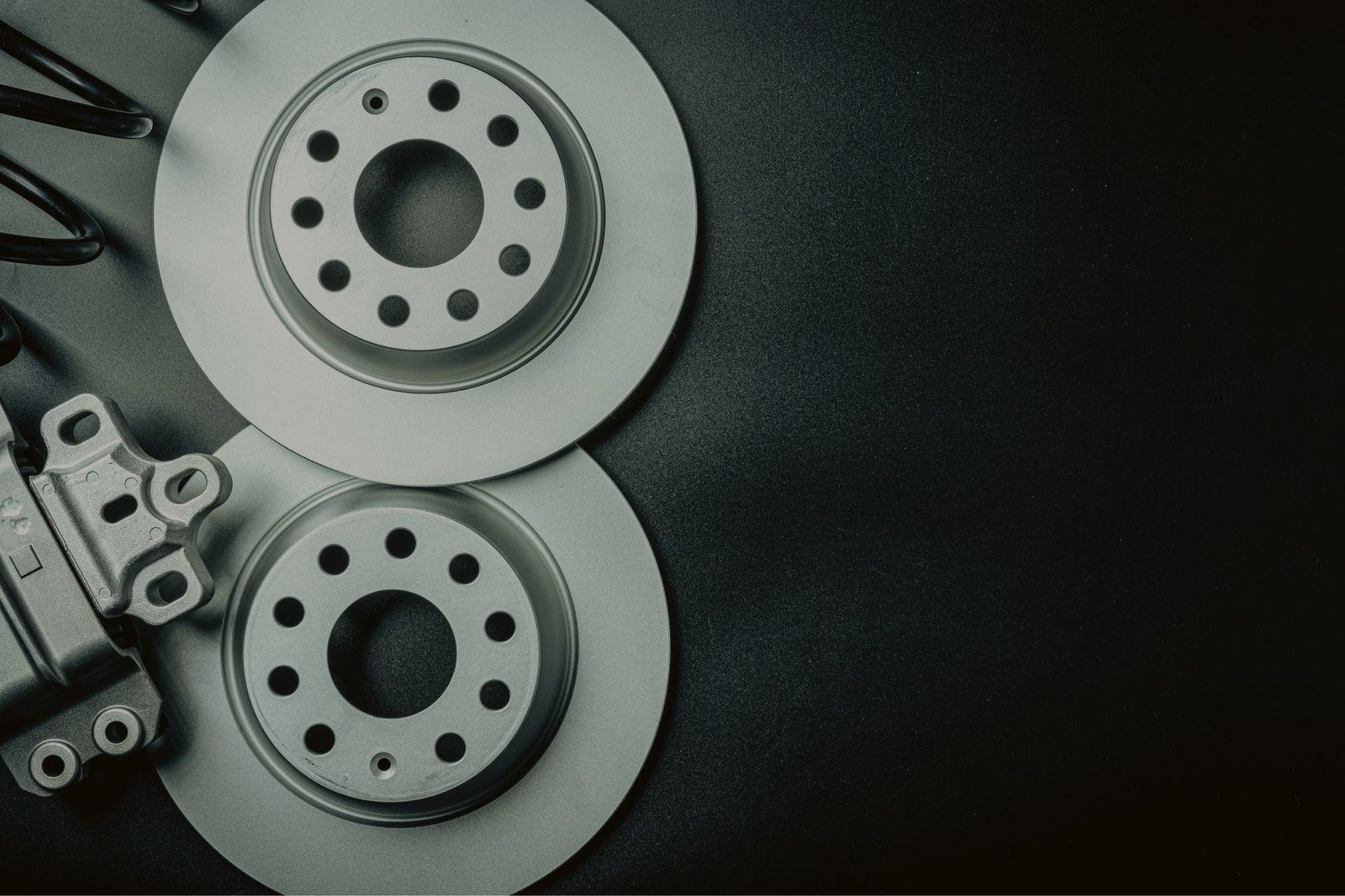
How to Maintain Your Car’s Performance Year-Round

Maintaining your car’s performance throughout the year is essential for safety, reliability, and efficiency. This guide provides practical tips and best practices to ensure your vehicle runs smoothly in all seasons.
1. Regular Oil Changes
Importance: Regular oil changes are crucial for engine health. Fresh oil lubricates engine parts, reduces friction, and prevents overheating.
Frequency: Check your owner’s manual for recommendations, typically every 3,000 to 7,500 miles, depending on your vehicle and oil type.
2. Tire Care and Maintenance
Checking Tire Pressure: Proper tire pressure is vital for fuel efficiency and safety. Check your tire pressure monthly and before long trips.
Tire Rotation: Rotate your tires every 5,000 to 7,500 miles to ensure even wear and extend their lifespan.
Tread Depth: Monitor tread depth regularly. Replace tires when they reach 2/32 of an inch to maintain traction and safety.
3. Brake System Inspections
Routine Checks: Inspect brake pads and rotors regularly. Listen for unusual noises, such as squeaking or grinding, which may indicate wear.
Brake Fluid: Check brake fluid levels and replace the fluid every two years to ensure optimal braking performance.
4. Battery Maintenance
Battery Check: Inspect your battery for corrosion and ensure connections are secure. Clean terminals to prevent buildup.
Testing: Have your battery tested annually, especially if it’s more than three years old, to avoid unexpected failures.
5. Fluid Levels and Quality
Essential Fluids: Regularly check and top off essential fluids, including coolant, transmission fluid, brake fluid, and windshield washer fluid.
Flush and Replace: Follow your manufacturer’s recommendations for flushing and replacing fluids to maintain optimal performance.
6. Air Filter Replacement
Engine Air Filter: Replace the engine air filter every 15,000 to 30,000 miles to improve engine efficiency and fuel economy.
Cabin Air Filter: Change the cabin air filter annually to ensure clean air inside your vehicle and optimal HVAC performance.
7. Regular Tune-Ups
Importance: Schedule regular tune-ups to keep your engine running smoothly. Tune-ups often include checks on spark plugs, fuel injectors, and ignition systems.
Performance Improvement: This maintenance can enhance fuel efficiency and prevent costly repairs down the line.
8. Seasonal Checks
Winter Preparation: Before winter, check your antifreeze levels, battery, and tire tread. Consider using winter tires if you live in a snowy climate.
Summer Readiness: In summer, ensure your air conditioning system is functioning well and check for any fluid leaks.
Latest posts


Top 10 Must-Have Tools for DIY Car Maintenance

How to Identify the Right Replacement Parts for Your Vehicle

Common Car Problems and How to Fix Them
Subscribe
Explore More
Related posts

The latest innovations in auto parts: what you need to know
Sed posuere consectetur est at lobortis lorem ipsum nulla vitae elit libero, a pharetra augue.

How to maintain your vehicle parts for longevity
Sed posuere consectetur est at lobortis lorem ipsum nulla vitae elit libero, a pharetra augue.

Oem parts vs. Aftermarket parts: which is better?
Sed posuere consectetur est at lobortis lorem ipsum nulla vitae elit libero, a pharetra augue.

